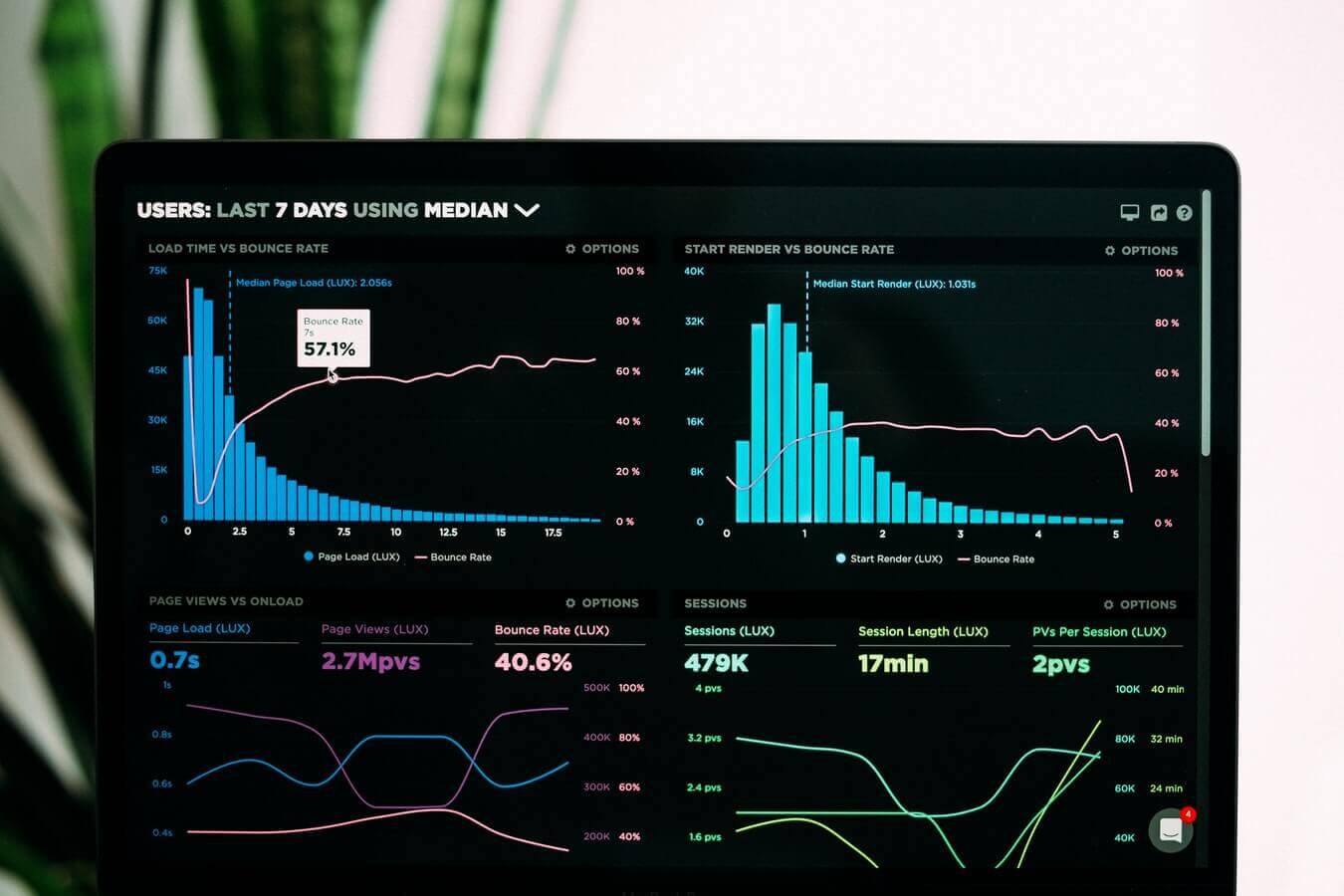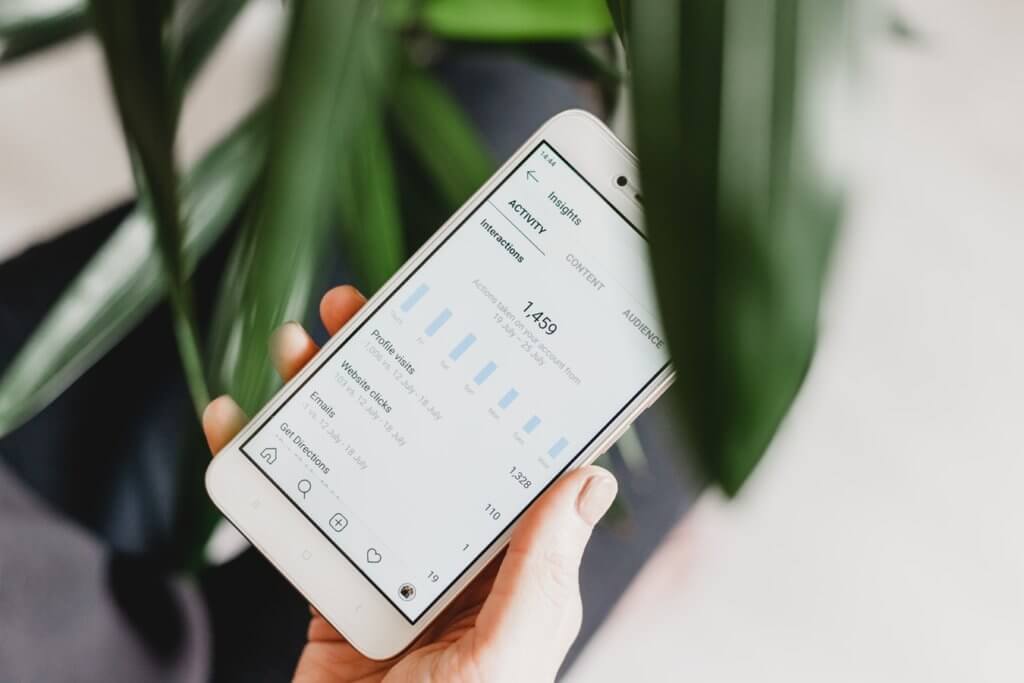The Importance of Site Speed

As the internet continues to grow and expand across the world, your site speed is more important than ever. According to recent statistics, 40% of users abandon a website that takes over 3 seconds to load meaning the slower the response time of a webpage, the more likely it is to be abandoned by users. The reality is, website loading speed is a major contributing factor to the success of your business. Unfortunately, those who have a slower website will have a lower number of page visits, conversation rates, and a high number of bounce rates. They will also have a reduced amount of interest from new users. However, improving your site speed isn’t as difficult or complex as you may initially think. Plus, it’s worth the extra time and effort to improve it as you’ll see a huge difference, in every aspect of your website.
The speed of your site will impact not only your user experience but also your traffic and Google page ranking, so it’s essential you ensure everything is in working order. It’s no wonder that 79% of online shoppers say they wouldn’t go back to a website if they’ve had trouble with loading speed. They simply appreciate websites being up-to-date and super speedy!

What is Site/Page Speed?
First, we need to define page speed before we get into the interesting stuff. Page speed is a measurement of how fast the content on your page loads. Often people refer to page speed as page loading time. From this, we can generate a site speed which is the page speed for a sample number of pages on the site. There are many ways in which you can test your site speed. Don’t worry though, we have listed them later on in this blog. However, first, we must look at the impact and importance of site speed on your website and how it can bring you success as well as heartbreak. A study conducted by Akamai found that 47% of people would expect a web page to load in two seconds or less. Therefore, having a fast and reliable web speed rate is essential.
Site Speed Impact on SEO
Not only does site speed affect and impact your audience rates and those who abandon your website (this is also known as a bounce rate). But, it also impacts your SEO rating on search engines such as Google. To put it simply, everything starts with your site speed. Google implements a strategy that puts the websites with a faster speed, higher in the rankings on search engines.
Slow websites are slow because they’re inefficient. This means that Google has to consume more bandwidth and ultimately spend more money. Every second they can save adds up, quickly. Therefore, meaning that they’re promoting faster websites and significantly reducing their costs significantly in the process. This means Google will reward you if your site speed is fast or faster than other sites.
If the impact on SEO alone doesn’t convince you that you need to seriously consider improving your site speed. Then, maybe think about an increase in user experience and better conversion rates! The statistics speak for themselves when it comes to site speed and how much it can positively change up your business.

Testing Your Site Speed
If you’re wanting to increase your site speed or even test it, then we’ve got some reliable and trustworthy tools that can assist you. Knowing you have a slower site speed is the first step into the right direction of getting a better and more successful website.
Firstly, we must say a tool we don’t recommend using. Google PageSpeed is not a great tool to use. We understand that many businesses and companies opt for PageSpeed. While it’s not all that bad, there are other tools out there that can produce a more accurate reading of your site speed. This means you can produce better results. Google PageSpeed gives insights into the rates according to what Google thinks are the best practices and not an overall review of your site. This is damaging as you could potentially have a great score but the Google tool doesn’t pick up on your site speed. Equally, you could have a lower score that the tool believes is better than it is.
Instead, we would recommend trying either Pingdom or Lighthouse. Both of these tools are efficient and will perform a successful site speed test on your site. Speed testing is an essential element and task for all website owners. This is why you want to ensure you’re utilizing the best tool to measure it.

Testing Tools to Use
- Pingdom is a free tool to use (which is another huge benefit!). When it has completed the site test it will give you a breakdown of the performance insights including the good and bad elements. It will give you a grade for each insight which is color-coded according to whether they’re slowing your website down. Therefore, you can keep all your positive elements and improve on the other elements (and those that score lower).
- Lighthouse is another popular tool that is automated and open-sourced. It’s one of the most powerful web speed testing tools you will ever experience which is why we would recommend it. Similarly to Pingdom, it will give you a performance breakdown with ratings according to how well your site performs. Unlike Pingdom, Lighthouse will give your site a rating out of 100 for each element. You can also check out your ratings for accessibility and SEO while you’re there too.
How to Increase Your Speed
After you have performed the testing using a reliable tool, you may find you want to increase the speed of your website. This is sure to improve your bounce rate, and even your conversions too. Below we have three quick ways to improve your site speed instantly.
- Remove redundant code – it’s simply not needed and slows down the overall performance of your website since it needs to load in all the extra code. If you have redundant code that is taking up precious space on your website but isn’t getting used effectively, remove it. You will see a speed difference within a few hours.
- Avoid pre-purchased themes – most are slower because they have extra code which isn’t necessary. In most cases we recommend our clients opt for a fully-custom website for this reason. Site speed is important, and often themes can, unfortunately, slow it down. Take care if you’re purchasing a pre-purchased theme, but if you’re unsure, then we would say avoid them altogether.
- Optimize your site – there are many ways in which you can optimize your site so that you have an improved site speed. One of the most efficient ways to optimize your site is to optimize images so that they’re not too big. This is because they will inevitably slow down your loading speed. Additionally, if you want to save yourself time and effort in terms of optimizing your site, you could contact us to help you out.
Site speed is important, and the numbers speak for themselves. It’s always better to be prepared, especially if you have competitors, you need to be the best you possibly can. Ensure your site speed is up to scratch and use a tool to aid you. If you find that you’re having site speed issues, we may be able to come to your rescue.

 Ryan Kodzik
Ryan Kodzik 
